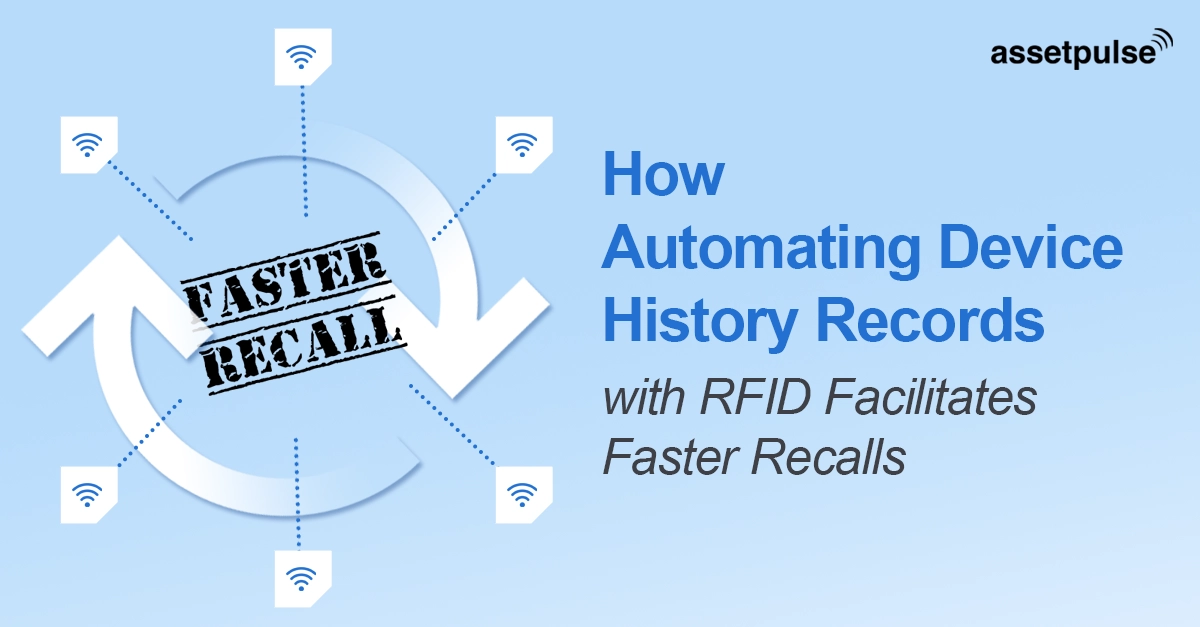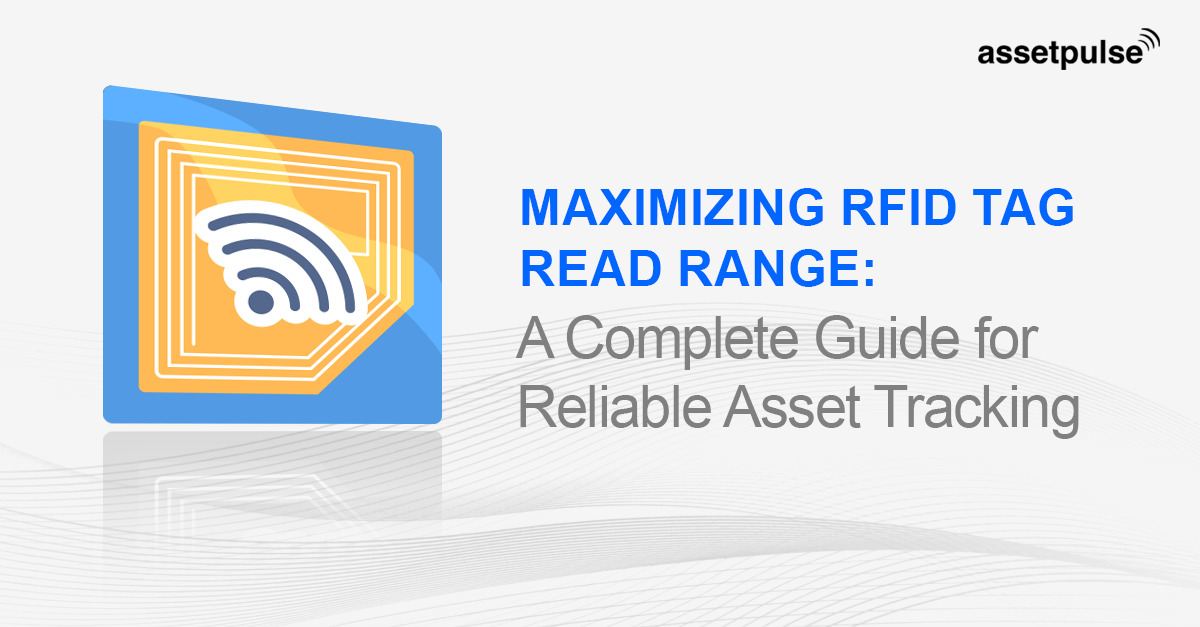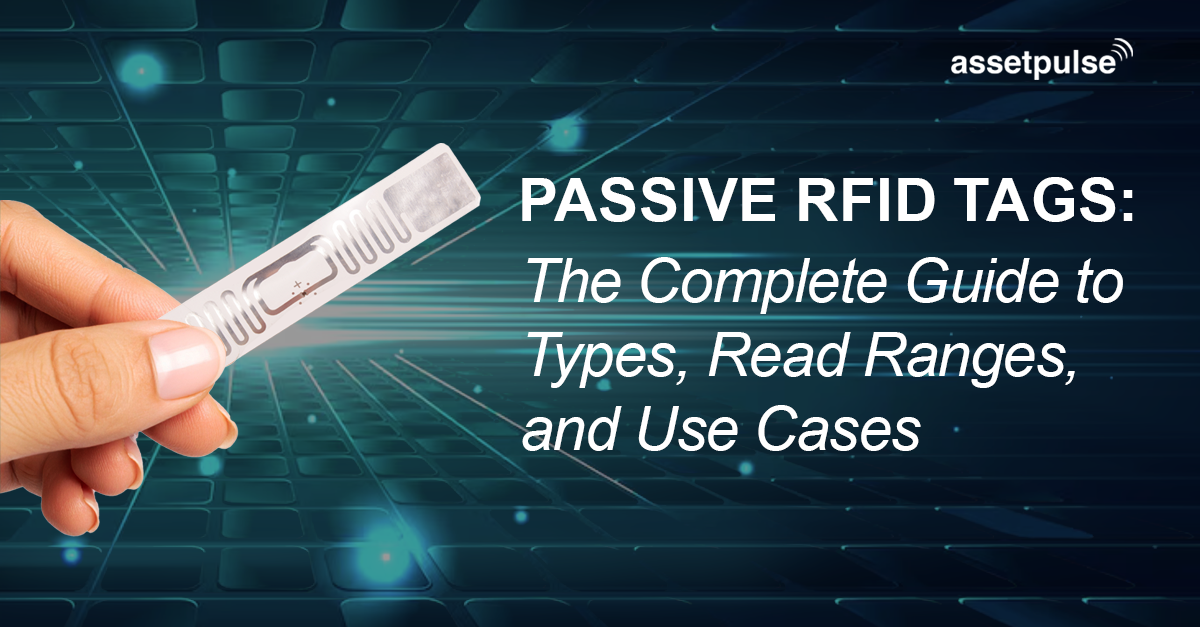Manufacturing leaders stand at a pivotal moment. Smart asset management technologies are transforming industrial operations at remarkable pace. The market will surge from $17 billion in 2024 to over $26 billion by 2030—an 8.4% annual growth rate (Source: MarketsandMarkets) signaling massive opportunity for early adopters. Companies implementing comprehensive digital asset management report measurable improvements in production performance, equipment longevity, and…

How Automating Device History Records with RFID Facilitates Faster Recalls
In today’s regulated biomedical manufacturing environment, automating device history records with RFID is transforming recall processes. Medical device manufacturers face rigorous demands to maintain precise records from raw material intake through final assembly. Automating these records not only meets regulatory standards but also speeds up recalls, minimizes production downtime, and enhances patient safety. By integrating RFID into your Device History…

Maximizing RFID Tag Read Range: A Complete Guide for Reliable Asset Tracking
Every RFID implementation hinges on one critical factor: read range. If your tags aren’t read at the right distance, you risk missed scans, inaccurate inventory counts, and frustrated teams. Whether you’re tracking lab samples, managing warehouse pallets, or securing data center servers, understanding RFID tag read range is vital to achieving seamless asset visibility and real-time location tracking. Ready to…
RFID vs Barcode: Why RFID is better for Asset Tracking
RFID and Barcode are two of the most popular auto-ID technologies used in asset tracking. However, each has advantages and disadvantages of their own. This blog post will help you learn about these systems, their similarities, RFID vs Barcode -key differences, advantages of RFID over Barcode systems and why RFID is better for Asset Tracking. What is Barcode Barcode enables…

Passive RFID Tags: The Complete Guide to Types, Read Ranges, and Use Cases
Every organization that still relies on manual barcode scans or spreadsheets knows the pain of missing assets, inventory discrepancies, and time-consuming audits. Passive RFID tags eliminate these challenges by automating asset identification and tracking. In this guide, you’ll learn exactly what passive RFID tags are, explore the different tag types and read ranges, discover real-world applications across industries, and get…
